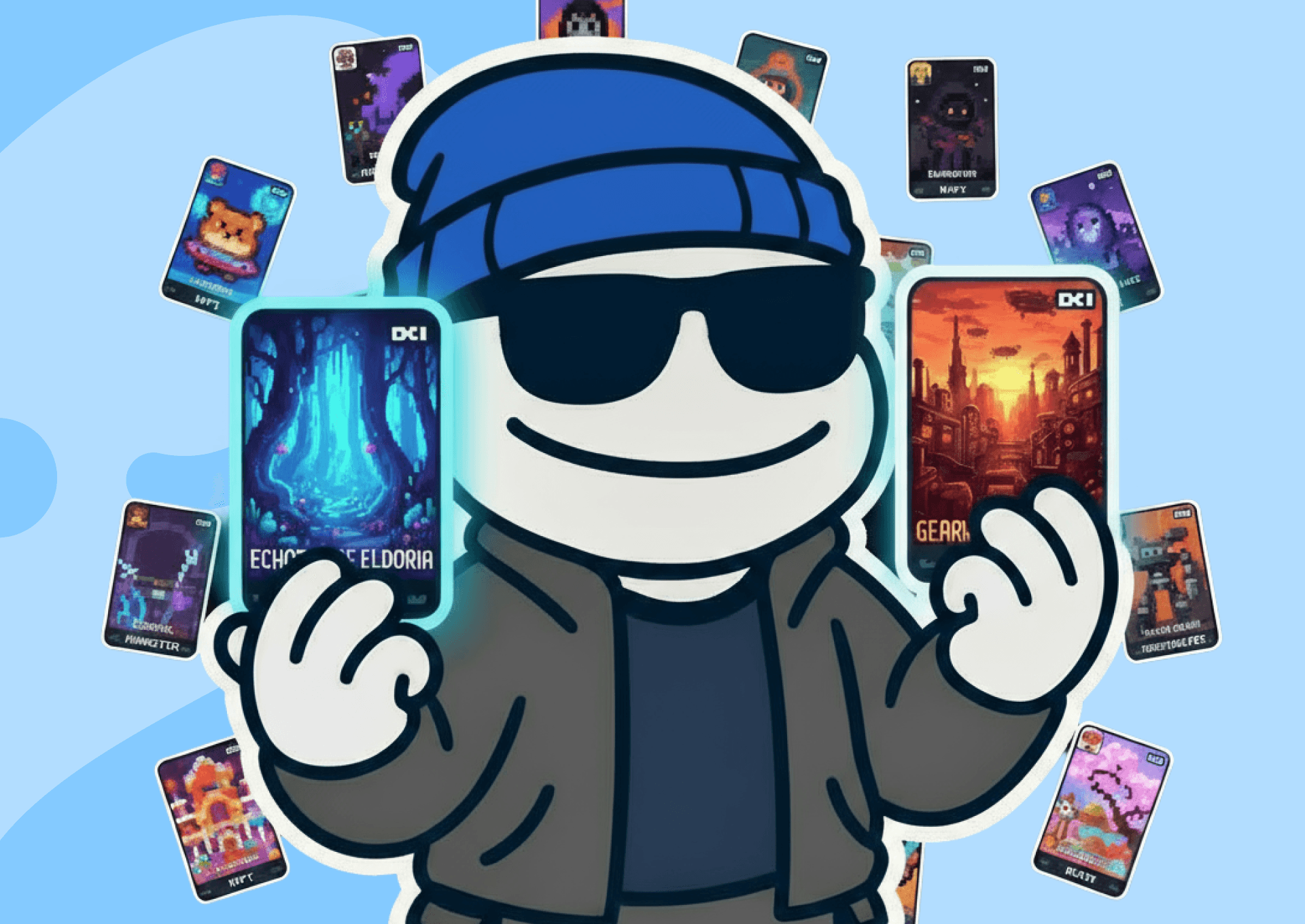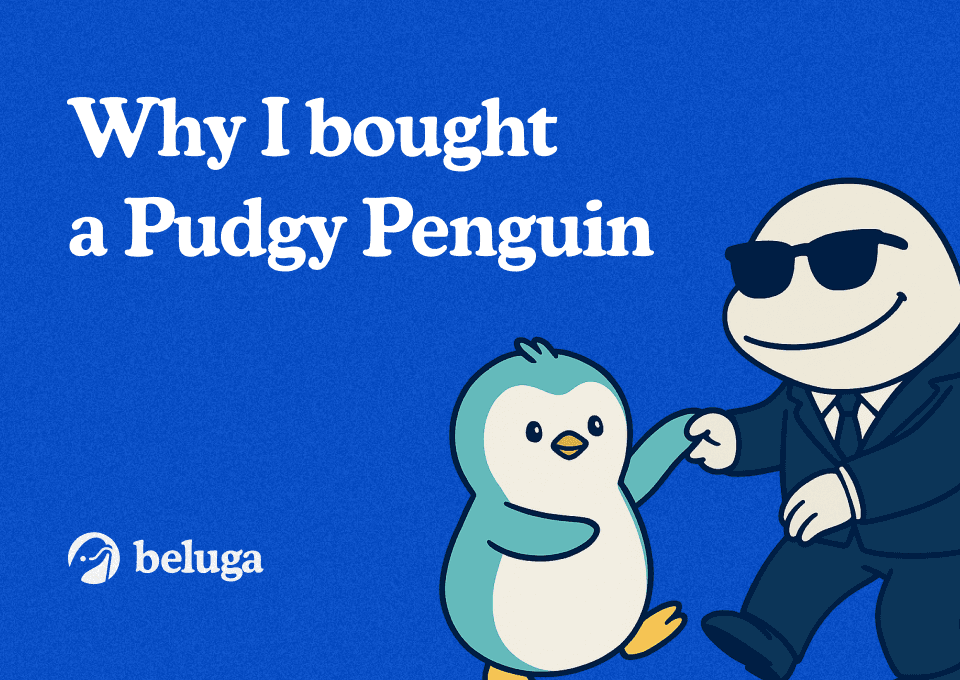How Magic Eden Defied the 2024 NFT Crash
By Pratik Bhuyan Updated November 10, 2024

Summary
- Magic Eden made a strong comeback in 2024, capturing 36.7% of the NFT market share by leveraging the rise of Bitcoin Ordinals.
- The platform introduced Runes, a new token standard for Bitcoin NFTs, and benefited from increased trading activity following the 2024 Bitcoin halving.
- Magic Eden expanded beyond NFTs with the launch of its ME token for fungible token trading and MagicMoca, an NFT launchpad in partnership with Animoca Brands.
Introduction
The NFT market has seen its fair share of ups and downs, especially since the explosive growth of digital collectibles in 2021. As we entered 2024, many anticipated a continued downturn, but one platform has managed to not only survive but thrive amidst the chaos: Magic Eden. How did they manage to defy the crash and come out on top? Let’s find that out!
A Strong Start Amidst Market Decline
Magic Eden launched in late 2021 as a Solana-focused NFT marketplace and quickly gained traction. However, by 2023, it faced significant challenges as the popularity of Solana NFTs waned, leading to a drastic drop in its market share. At one point, it fell to as low as 3.4% to 9.2% of the total NFT market. Fast forward to 2024, and Magic Eden has made an impressive comeback, capturing a staggering 36.7% of the NFT market share as of August.
So, what changed? The turning point came with the rise of Bitcoin Ordinals, a new way to mint NFTs on the Bitcoin blockchain. Magic Eden was quick to adapt by launching a dedicated platform for Bitcoin Ordinals, which allowed it to tap into a burgeoning market at just the right moment. This strategic move resulted in a dramatic increase in trading volume, which more than doubled to $734.60 million by March 2024.
Innovative Features and Strategic Expansion
Beyond just riding the wave of Bitcoin Ordinals, Magic Eden has been proactive in expanding its offerings. The introduction of Runes, a new token standard designed for Bitcoin transactions related to NFTs, further solidified its position in this emerging sector. This move coincided with other important events like the Bitcoin halving in April 2024, which historically boosts trading activity.
Moreover, Magic Eden is not just resting on its laurels; it’s diversifying its services beyond NFTs. The recent launch of its ME token aims to facilitate fungible token trading and enhance fee capture across various assets. This pivot reflects an understanding that while NFTs are crucial, expanding into broader crypto trading could attract a wider audience and stabilize revenue streams. They also recently unveiled MagicMoca, their native NFT launchpad developed in partnership with Animoca Brands.
Another factor contributing to Magic Eden's resilience is its commitment to community engagement through initiatives like the MagicDAO. This decentralized autonomous organization allows users to participate in governance decisions and helps foster a sense of ownership among its community members. By involving users in decision-making processes and rewarding them through initiatives like airdrops (e.g., Magic Tickets), Magic Eden strengthens user loyalty and encourages active participation.
Conclusion: A Bright Future Ahead?
As we look towards the future, it’s clear that Magic Eden has not only survived but thrived during what many consider a challenging period for NFTs. By embracing innovation, expanding its offerings beyond traditional NFTs, and fostering community engagement, it has set itself apart from competitors like Blur and OpenSea.
While the overall NFT market cap sits around $42 billion, significantly lower than its peak in May 2022—Magic Eden is well positioned to stay ahead of the curve, making it a key player in the NFT space for the foreseeable future.
Join the Beluga Brief
Dive deep into weekly insights, analysis, and strategies tailored to you, empowering you to navigate the volatile crypto markets with confidence.
Never be the last to know
and follow us on X








